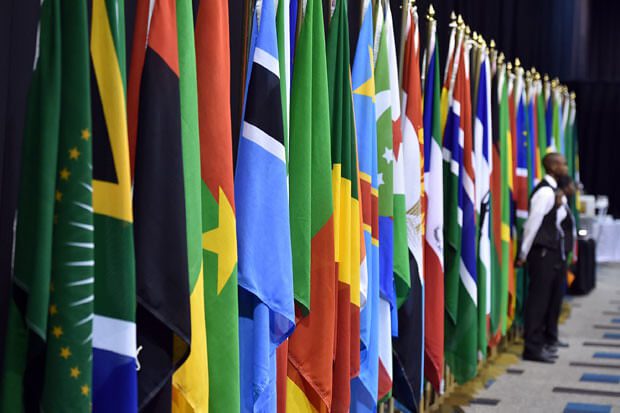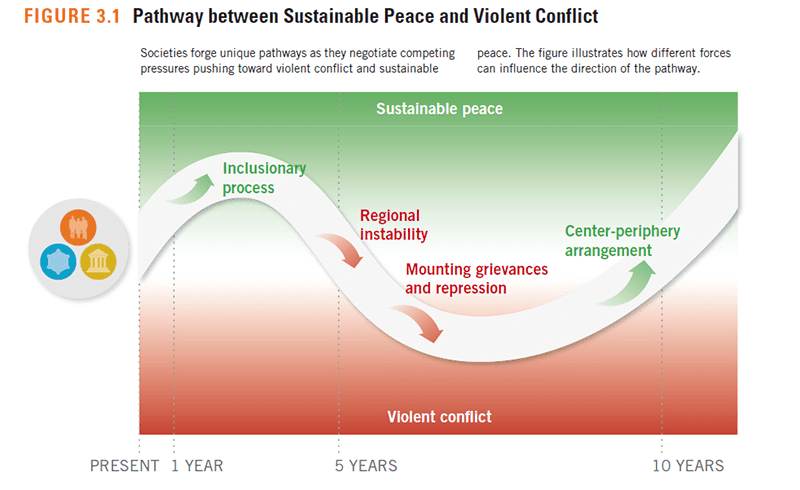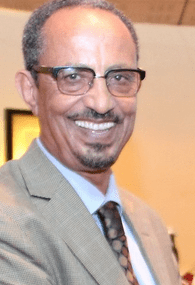In July 2016, the World Peace Foundation released its report, ‘African Politics African Peace.’ The Report was the most extensive review of the African Union’s peace missions ever conducted. It charted an agenda for peace in Africa, focusing on how the African Union can implement its norms and use its instruments to prevent and resolve armed conflicts. It was an independent report of the WPF, supported by the African Union. The broader project included detailed case studies and cross-cutting research, and drew on consultations with leading experts, peacekeepers, and mediators. It covered African peace and security norms and mechanisms, including conflict prevention, conflict mediation, political missions and the spectrum of military peace operations. “Peace missions” include political engagement and peace support operations.
Key Findings:
- The Report emphasizes the “primacy of the political”:
- Reaffirming and implementing Africa’s hard-won peace and security norms;
- African ownership of the goals and strategies for peace and security;
- Emphasizing conflict prevention and resolution; and
- Ensuring that military peace support operations are designed and implemented with political goals always in mind.
Key Recommendations:
- Strengthen commitment to the key AU norms: multilateralism, constitutional democracy, non-indifference and inclusivity.
- Strengthen the core instruments of the AU Peace and Security Council and Peace and Security Department.
- Integrate the African Peace and Security Architecture with better coordination between the AU, the United Nations, Africa’s Regional Economic Communities, and regional organizations for Europe and the Arab countries.
- Create new mechanisms for addressing the security crises of Africa’s “shared spaces”—the Mediterranean and the Red Sea.
- Establish High-Level Panels and Expert Committees for situations at most risk of conflict.
- Develop separate mechanisms and doctrines for distinct kinds of peace support operations, namely preventative missions, traditional peacekeeping missions, and stabilization operations conducted by “coalitions of the willing”.
- Clearly prioritize the protection of civilians in all peace missions, and create and enforce an AU policy of Zero Tolerance for Sexual Exploitation and Abuse of Civilians.
- Strengthen the AU-UN partnership, allocating tasks based on the two organizations’ comparative strengths and capabilities.
- Ensure that the core activities of the AU Commission and political missions are fully financed.







